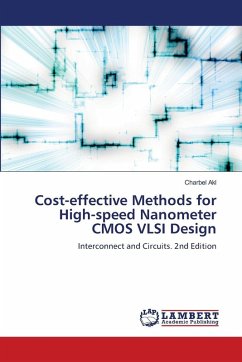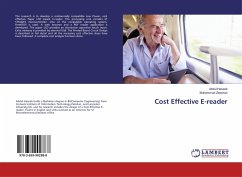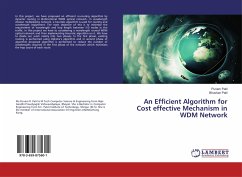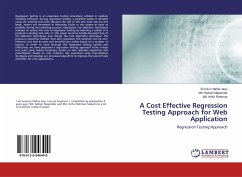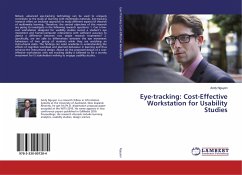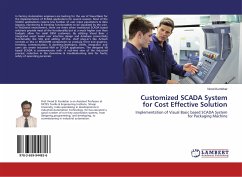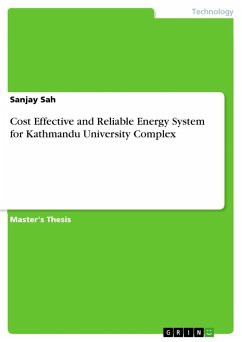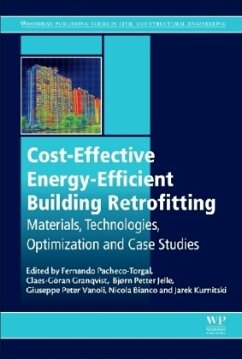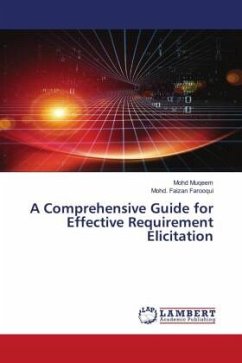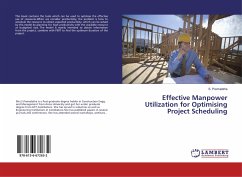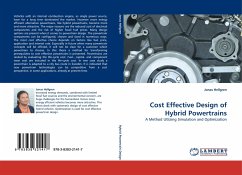
Cost Effective Design of Hybrid Powertrains
A Method Utlizing Simulation and Optimization
Versandkostenfrei!
Versandfertig in 6-10 Tagen
32,99 €
inkl. MwSt.

PAYBACK Punkte
16 °P sammeln!
Vehicles with an internal combustion engine, as single power source, have for a long time dominated the market. However more energy efficient alternative powertrains, like hybrid powertrains, become more and more attractive. The major reasons are the reduced cost of electrical components and the risk of higher fossil fuel prices. Many design options are present when it comes to powertrain design. The powertrain components can be configured, chosen and sized in numerous ways. The most cost effective choice depends on factors like fuel price, application and interest rate. Especially in future w...
Vehicles with an internal combustion engine, as single power source, have for a long time dominated the market. However more energy efficient alternative powertrains, like hybrid powertrains, become more and more attractive. The major reasons are the reduced cost of electrical components and the risk of higher fossil fuel prices. Many design options are present when it comes to powertrain design. The powertrain components can be configured, chosen and sized in numerous ways. The most cost effective choice depends on factors like fuel price, application and interest rate. Especially in future when many powertrain concepts will be offered, it will not be clear for a customer which powertrain to choose. In this thesis a method for transforming prerequisites to cost effective powertrains is presented. Powertrains are ranked by evaluating the life-cycle cost. Fuel-, capital- and component wear cost are included in the life-cycle cost. In one case study a powertrain is adapted to a city bus route in Sweden. It is indicated that new powertrain technologies can be competitive from a cost perspective, in some applications, already at present time.



